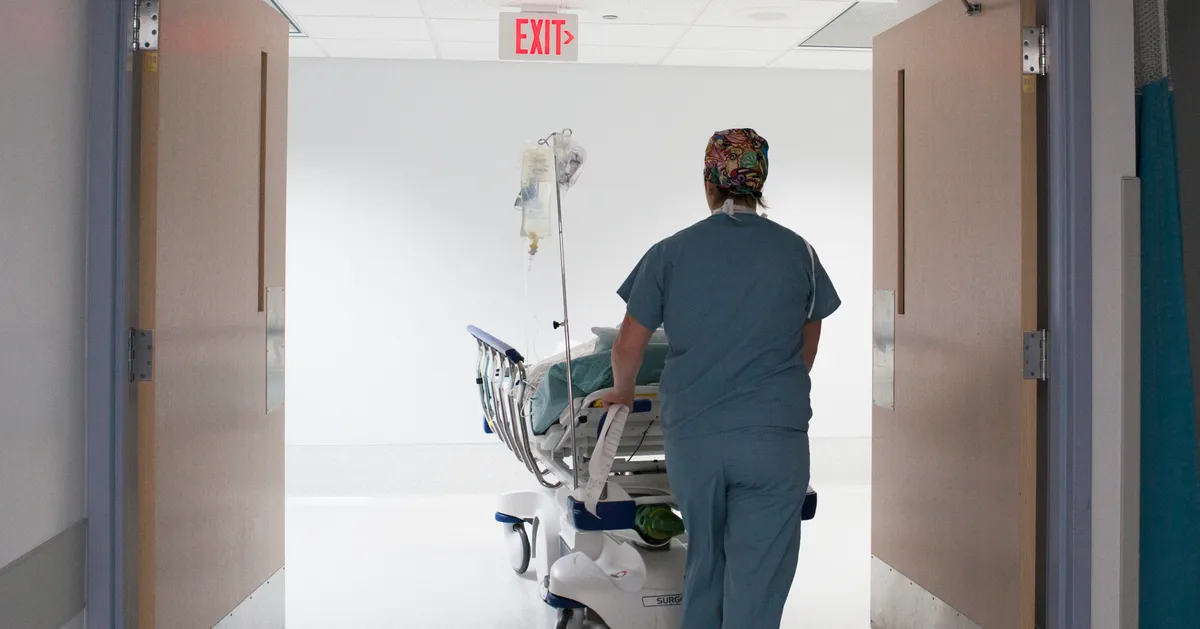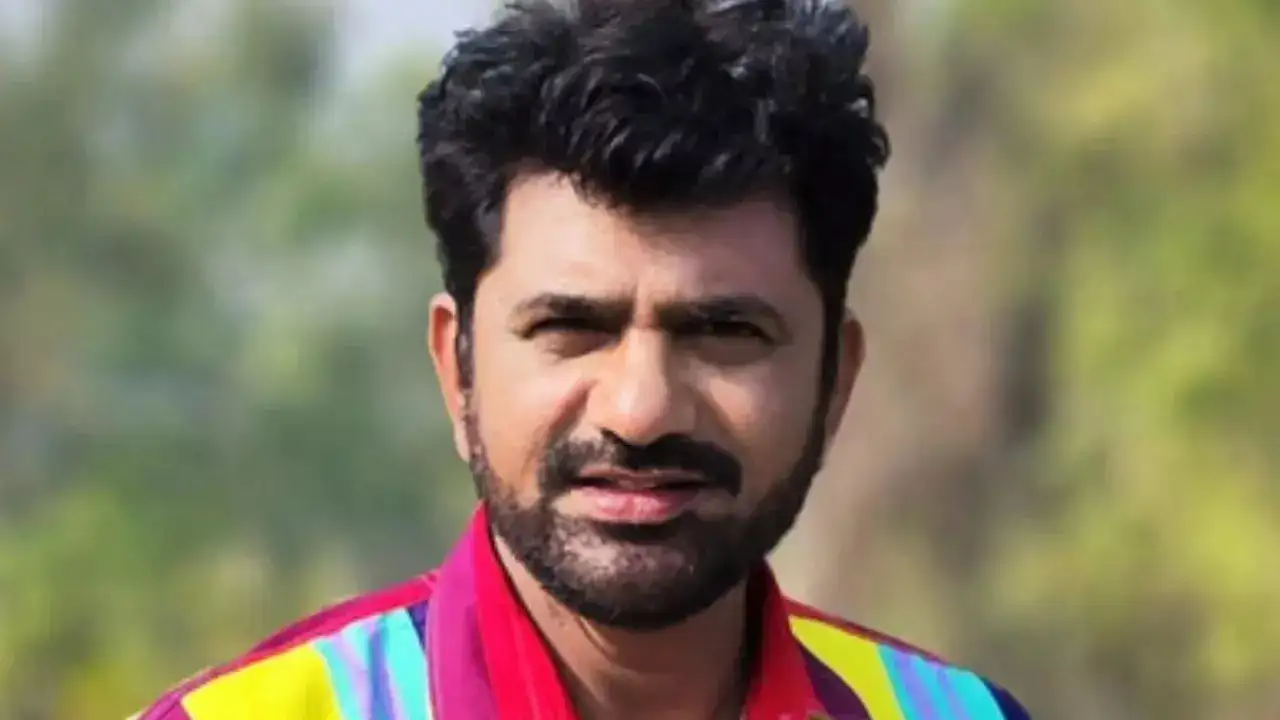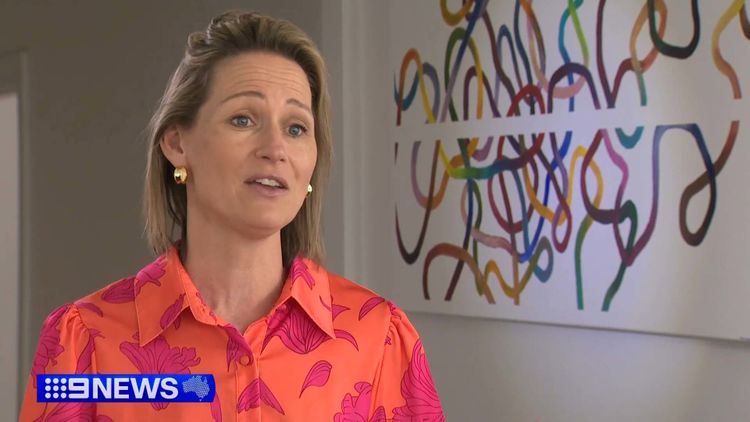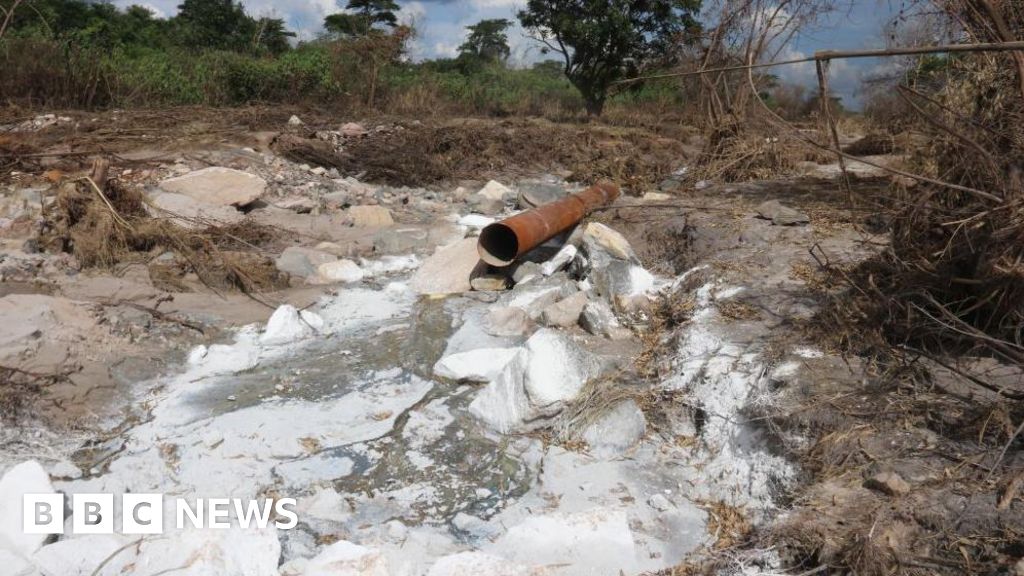
I am a family doctor in Buffalo, New York. A young man is in my hospital with acute chest syndrome right now. It happens to people with sickle cell disease. Something starts it — a pneumonia, usually, but sometimes it’s a little particle of fat that breaks off from the bone marrow in a leg and travels all the way through the heart and into the lungs until it gets lodged in the terminal branches of the pulmonary artery like a smart bomb. Once it begins, the patient’s lungs choke on crumpling blood cells and they drown.
We’ve come a long way in the medical management of acute chest syndrome. For nearly all of human history, until the last few years, it was the death knell of the sickle cell patient — a harbinger. I would like to say that, with all our advancements, we’ve conquered this scourge, but the truth is that by the time people present with acute chest, they’re already on a clock, and the clock is winding down to zero. It has to be treated aggressively, quickly and assiduously. People still die. It remains the most common cause of death in people with sickle cell disease.
There are over three times as many people in the U.S. with sickle cell disease as with cystic fibrosis — yet cystic fibrosis receives as much as 10 times more research funding, a disparity long fueled by race and visibility. This kind of inequity doesn’t just persist by accident; it reflects a collective comfort with certain kinds of suffering, and certain kinds of dying.
Advertisement
When I’m feeling discouraged about the suffering and the prognosis of a person under my care with sickle cell, I try to remember my first medical job. I worked in a silver bullet testing trailer for a sexual health and sexually transmitted infection clinic in the Bowery, in New York City. I worked a couple of nights a month — covering the overnight shift from 11 p.m. to 7 a.m. — checking people in for HIV testing. My boss brought a pit bull to work every night, and there was a shotgun stock mounted underneath the trailer desk. We also ran the needle exchange. The gun was mostly there as a joke. The monsters weren’t the people coming for clean needles. Everybody knew what the monster was.
In those days, when you tested somebody, it took up to six vials of blood. They had to answer a questionnaire that was six pages long, and it often took six weeks for the results to come back. When someone tested positive, we brought them into a separate booth. We had to call a supervisor in and a social worker and somebody to hold the tissues and start paperwork.
We weren’t just telling them that they were going to die — we were telling them that today was the point of departure, the event horizon dividing their old life full of work and art and ideas, which they shared with other people, from their new one.
Advertisement
Before them lay a murky and decrementing new life of isolation, during which the world would move on without them, would turn its back, would let them go. Because they might be contagious, because they embodied our fear. The virus was monstrous. But the indifference of the world toward the people who got sick was the mother of all monsters. That was 1995. But by the end of that same year, highly active antiretroviral therapy (HAART) emerged and people started taking the drugs. People started living longer.
In the years that followed, the face of AIDS changed. The world changed. The push to fund AIDS research and to break the malignant silence around the epidemic began with a small number of desperate, isolated people fighting from the margins to survive, but mobilized into a movement that changed the course of civil rights, health care and the world. But first, AIDS activists had to challenge our society’s willingness to let gay men die — the monster of indifference.
I try to remember those days whenever I’m inclined to think that some horrible situation is going to last forever. Because before we had HAART, we just had AIDS, and once you were sick, it was just a matter of months — maybe years, but they were meager ones, both cruel and humiliating — before you died.
Advertisement
It seemed to be that way forever, but it wasn’t forever, really. Now, at least from the perspective of the developed world, those were the bad old days, because we fought and marched and studied and failed. We learned and toiled away in the labs and the courts and the community centers, and, in time, however improbably, we found a way to cage the monster. It is far from a perfect solution, but, nonetheless, it is a hell of a win. We fixed it.
I hope the same will be said for sickle cell. A few years from now, we might look back on these dark days, on human beings born to live and die in pain, on little bodies lying in the pediatric intensive care unit struggling to breathe, rigid and contorted with suffering, and we might shudder and feel sick to our stomachs. We will certainly still cry for the ones who suffered and died — the ones we could not save — but then we’ll take a deep breath and look down the long, bright hall and through an open door at an empty bed in a hospital that doesn’t have a single kid with sickle cell in it. Because we fixed it.
For my young patient who is currently in a hospital bed fighting for his life, there are other trials ahead of him. There is a man in a uniform and big boots seated outside his door. He works for the Border Patrol, and he’s waiting to take this kid into custody and have him deported as soon as he’s well enough to stand.
Advertisement
Many years ago, I promised my neighbor, a Holocaust survivor, that if the world changed again, if “it turned again,” I would not be silent and pretend not to see the people against whom it had turned. I promised I would find a bullhorn, a pulpit, a newspaper, a street corner, or a courtroom, and I would fight for them. I would try — even if that meant I might get dragged away, too.
I have not forgotten my promise. But now here I am, waiting it out with this boy, along with our whole team. I lie in bed at night and think that he must be so scared. He’s only a few months older than my son. If he does recover, he will certainly be arrested, and he will most certainly be sent away. And after an indefinite period of being transferred around in vehicles, lying in detention centers, and then being put on an airplane, he’ll be sent back to the country that already tried to kill him when he was a baby, and again when he was a teenager.
In the meantime, if he has another episode of acute chest syndrome — which he probably will — it will kill him. Because that time, there won’t be any doctors and nurses to help him.
Advertisement
When I’m listening to the anti-immigrant rhetoric of the Trump administration, or speaking with people who have embraced that rhetoric without questioning the moral rectitude of the policies it promotes, what I want to say is, “But what about this boy? Or this mother? What about this old lady or this young medical student or this man who helps rake his wheelchair-using neighbor’s leaves every weekend just out of kindness? Can’t you see that you’re hurting them? Can’t you see that they’re your neighbors, too?”
When I can, I do ask these questions, and I do tell the stories of real people who are facing deportation. But that’s not enough to stop the gradual desensitization of our country to political sadism.
What we need is collective defiance against President Trump, his immigration policy, and the impolitic cruelty of mass deportation. This cruelty is evident in the language they use to describe human beings who come to the United States to work and build new lives, calling them criminals, rapists, pet-eaters and vectors for disease. It is evident in depictions of newcomers as if they are, themselves, a kind of infestation that must be eradicated before it destroys the country. It is evident in the very deliberate choice to use racism, economic unrest, and weaponizable ignorance about history and geopolitics to evoke a sense of righteous and unifying hatred in the voting public. It is evident in the kind of revenge fantasy penal infrastructure being built to expand deportation capacity in Florida. It is not, in short, a secret.
Advertisement
As a student of history, I am not surprised by the current presidential administration’s use of inflammatory rhetoric to induce a nationalist fever dream in place of a coherent political agenda. This is consistent with the behavior of ascending fascists throughout history. What is astounding to me is that, when confronted with individual human suffering — a sick boy separated from his family and facing what is essentially a sentence to death by medical neglect, for example — we don’t all feel a conflict between our personal empathy and our embrace of collective cruelty.
The dishonorable abandonment of communities who came to the United States as invitees of our government, the cowardice of persecuting endangered people who have come to the United States to be safe, the barbarism of separating families, incarcerating children, sending human beings into exile in countries where there are neither resources nor policies in place to help them survive — this is the legacy that Donald Trump is building on our behalf, in our names. This is what the U.S. will be remembered for — not for what we built, or what we aspired to be as a nation, but for the lives we destroyed, for the promises we broke, for the lies we willingly embraced and the cruelty we allowed.
Advertisement
We should all be fighting. We should be fighting to protect our neighbors, our co-workers, our friends, and everyone who is in a position to fight for themselves. We must speak up for those who are silenced. We must use the rights and privileges conferred by citizenship in this democracy to protect the inalienable human rights of those who have not yet become citizens. Choosing not to fight the immigration policy of this administration is the same as choosing to inflict suffering on others. It is complicity with evil. And history will see it for what it was. History will not forgive us.
As for me, I go to work — even though we’re losing funding and, because we are a refugee clinic, are operating with a target on our backs. We try to keep our staff and our patients encouraged and defiant so that they don’t buckle from fear or exhaustion or, worse, the normalization of fascism. Most of our staff and resident physicians came here as refugees or immigrants themselves. Their courage is humbling and inspiring. Nearly all of us are either foreign born or first generation, or queer, or brown, or poor, or all of the above. Working the way we do is activism. Continuing to do so under Trump is defiance.
And in the meantime, I write letters and speak at churches. I go to demonstrations. I participate in a roster of neighborhood watch shifts to keep Border Patrol and Immigration and Customs Enforcement from pulling people from their houses at dawn when they expect nobody will be watching. We want them to know that we are watching, even if we cannot forcefully stop them without making the situation much worse for our neighbors. I bring my children to visit with families who are facing deportation, so they will understand and remember how it felt to eat lunch with someone whose life their own government is trying to destroy. I invite people who think they’re safe — and believe that none of this can touch them — to come and see how my community is experiencing the fulfillment of Trump’s promises.
Advertisement
From time to time, I talk to an ICE officer, and I try to sound reasonable. Once in a while, I get angry and tell someone to back the f up, which is more consistent with my true nature. Getting into it with ICE goes about as well as you’d expect. Telling someone they’re wrong doesn’t make them feel like you’re right. It just makes them hate you.
20 Years OfFreeJournalism
Your SupportFuelsOur Mission
Your SupportFuelsOur Mission
For two decades, HuffPost has been fearless, unflinching, and relentless in pursuit of the truth. Support our mission to keep us around for the next 20 — we can’t do this without you.
We remain committed to providing you with the unflinching, fact-based journalism everyone deserves.
Thank you again for your support along the way. We’re truly grateful for readers like you! Your initial support helped get us here and bolstered our newsroom, which kept us strong during uncertain times. Now as we continue, we need your help more than ever. We hope you will join us once again.
We remain committed to providing you with the unflinching, fact-based journalism everyone deserves.
Thank you again for your support along the way. We’re truly grateful for readers like you! Your initial support helped get us here and bolstered our newsroom, which kept us strong during uncertain times. Now as we continue, we need your help more than ever. We hope you will join us once again.
Support HuffPost
Already contributed? Log in to hide these messages.
So, it all feels feeble, at times. But I remember feeling like that before. And compassion, persistence and defiance did eventually turn that tide. I am operating from a position of faith that it will do so again. There is no alternative.
Elizabeth Harding is the daughter of a Jamaican immigrant, a first-generation American, and an academic family physician. She practices and teaches medicine at a community health center dedicated to the care of the underserved, the medically marginalized, and the newest Americans. She is also the convener of the Thirteen Roses writer’s group. Harding was raised in the Bronx and Washington Heights and resides in Buffalo, New York, with her husband and four children.



